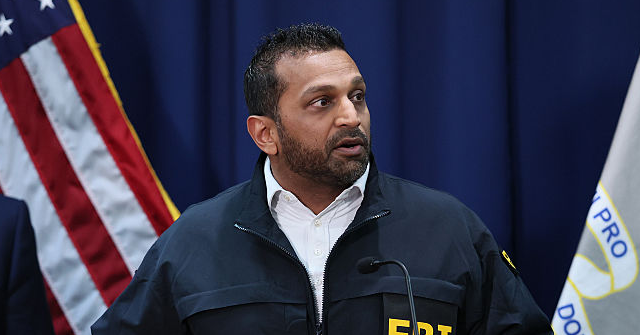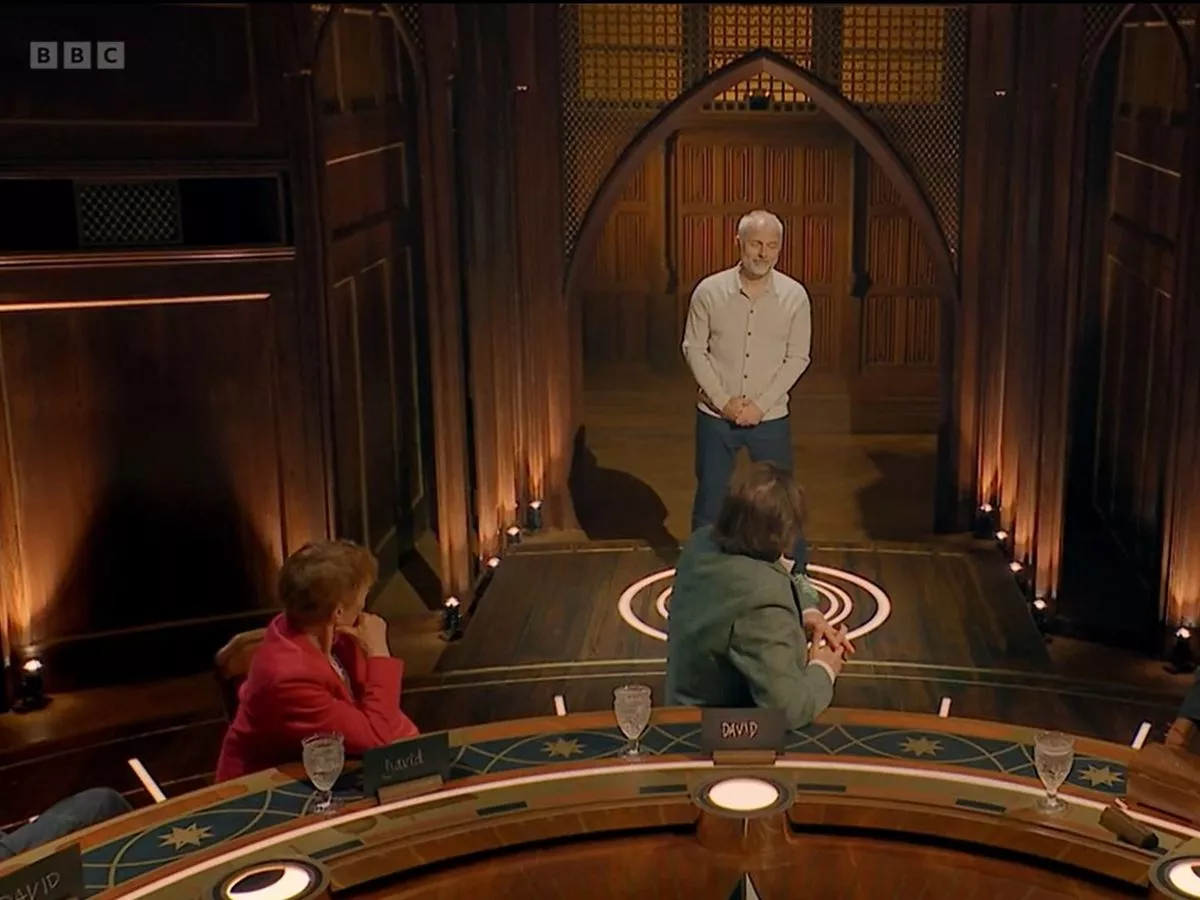Copyright kyivpost

WASHINGTON DC – The Trump administration’s decision to draw down US troops from Romania – a key ally on NATO’s eastern flank bordering Ukraine – has sparked rare bipartisan anger in Washington and drawn unusually sharp criticism from veteran diplomat Mark Gitenstein, who once served as US Ambassador to Romania and, until earlier this year, to the European Union. In an interview with Kyiv Post on Wednesday, Gitenstein voiced full alignment with congressional concerns and warned that the move could be interpreted by both Russia and vulnerable Eastern European allies as a sign of US vacillation. “I have no doubt the Russians will interpret this as a sign of weakness and equivocation on the part of the United States with respect to Romania. And I think that’s a terrible mistake,” he said. A withdrawal at a delicate moment On Wednesday, the US Army confirmed that the 2nd Infantry Brigade Combat Team of the 101st Airborne Division – a rotational force of roughly 3,000 to 4,000 troops deployed in 2022 – will return to Kentucky and will not be replaced. The Pentagon described the move – first reported by Kyiv Post on Tuesday – as a “force posture adjustment” designed in part to free up resources for the Indo-Pacific. Former Ambassador Gitenstein rejected the idea that this will be seen as anything other than a US retreat at a moment of heightened eastern-flank tension. “That’s how they’re going to interpret it, and that’s how the Russians are going to interpret it. There’s little doubt in my mind,” he told Kyiv Post. He added that for Romanians – given their history of Russian imperialism – the decision “will send a chill up their spine.” He cautioned that the repercussions will not stop in Bucharest: “I don’t have any doubt that certainly people anywhere in Central and Eastern Europe, and certainly within, let’s say Poland or the Baltics, are going to say ‘who’s next?’” Congressional backlash The withdrawal has drawn a rare joint rebuke from top Republican defense lawmakers. Senator Roger Wicker (R-MS.), chairman of the Senate Armed Services Committee, and Representative Mike Rogers (R-AL), chairman of the House Armed Services Committee, issued a statement saying they “strongly oppose the decision not to maintain the rotational US brigade in Romania.” The pair warned that the move – coming only weeks after reported Russian drone violations of Romanian airspace – “undermines deterrence and risks inviting further Russian aggression.” Gitenstein said he “completely agree[d] with the Rogers and Wicker statement,” adding: “I was particularly taken with their assessment of how the Russians will interpret this.” On the failure to consult Congress, he recalled his years working in the Senate: “I spent 17 years working in the Senate … it is a big mistake to cut Congress out of this process. … If you want us in on the landing, you better include us in on the take-off.” What remains on the ground Though the rotational brigade is departing, the US will still maintain a smaller military footprint in Romania: roughly 1,000 American troops will stay at the Aegis Ashore missile-defense installation at the Navy’s Deveselu base, a land-based element of NATO’s shield system. The Romanian Ministry of Defense said it expected the downsizing, describing it as “an effect of the new priorities of the presidential administration.” NATO officials have also emphasized that the adjustment should not be seen as a reduction in US or alliance commitment, noting that American forces in Europe remain larger than pre-2022 levels. Nevertheless, Gitenstein believes the symbolism – at a time when Washington says it is pushing back on Vladimir Putin and reassuring allies – sends the wrong message. “I just can’t imagine how this would be received,” he concluded. The timing of the US troop withdrawal, combined with ongoing Russian attacks in Eastern Europe, underscores growing concerns about deterrence and the perception of US resolve on NATO’s eastern flank.



